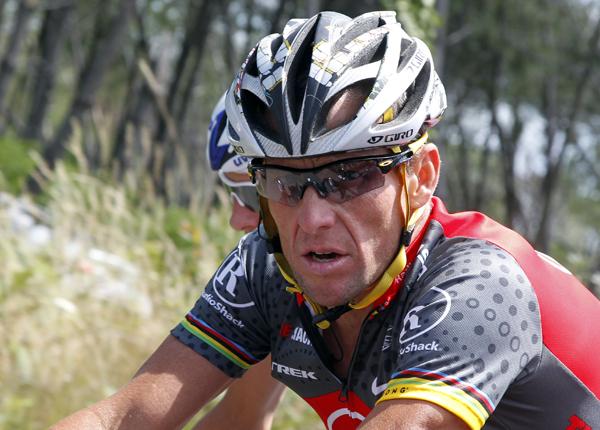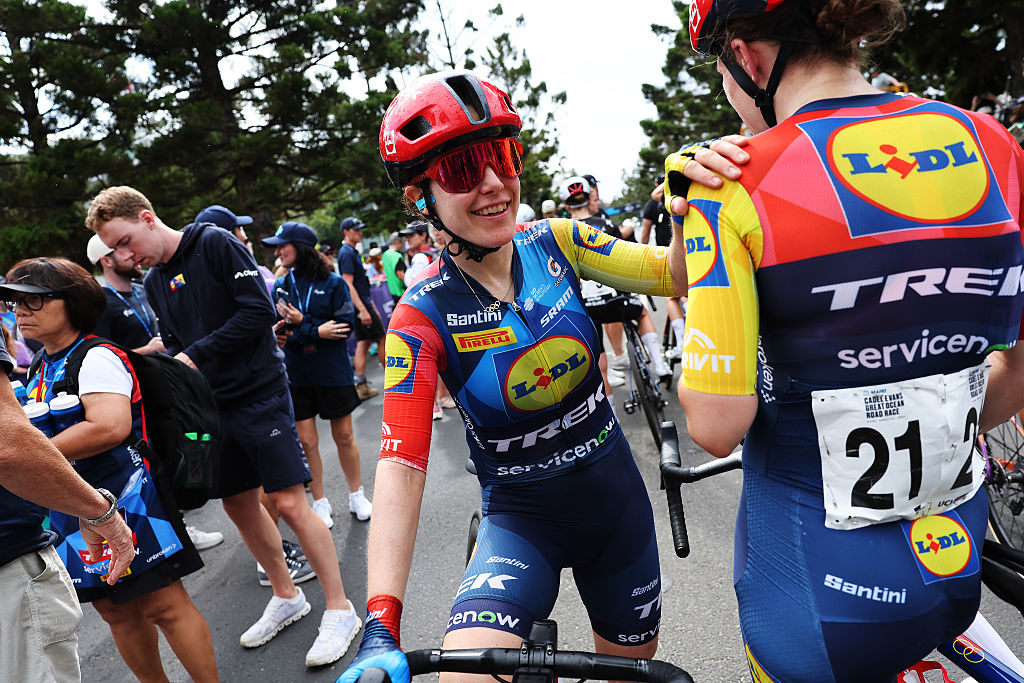Armstrong shrugs off FDA investigation
Texan critical of anarchy within cycling
The latest race content, interviews, features, reviews and expert buying guides, direct to your inbox!
You are now subscribed
Your newsletter sign-up was successful

Lance Armstrong has insisted he that he does not let the ongoing investigation by the American Food and Drug Administration (FDA) affect him, despite it casting a long shadow over his final full season of racing as a professional.
Speaking to the Sydney Morning Herald a few days before travelling to Australia for the Tour Down Under –his last ever major race outside of the United States, Armstrong brushed off the investigation. He has made a defiant defence since Floyd Landis made his accusation of doping by the US Postal Service team in May. He has continued to ride his bike and continued to promote the fight against cancer via his Livestrong foundation. He even visited US troops in Iraq and Afghanistan in December.
"I don't let it affect me," Armstrong told the Herald when asked about the ongoing investigation. "I have five kids to raise. I have a foundation to help run and lead. I still have, theoretically, a job - I ride my bike and train every day. It has no effect in what I do on a daily basis."
Critical of public debate
Armstrong was more critical about the state of professional cycling and how the sport’s problems are often discussed and dissected in public. He was once considered a possible candidate for the role of UCI President but makes it clear that he has no plans for an influential role in the running of the sport when he retires.
"Being close to 40, those days are done," he said. "Cycling has been great to me. [But] from now on, I ride for fun. I ride for pleasure. I ride for fitness.”
''I plan on keeping the ties I have, whether it's the local bike shop, [my] development team or multi-sport stuff that include bikes - triathlon or mountain bike - or charity rides I enjoy. That will be my connection."
The latest race content, interviews, features, reviews and expert buying guides, direct to your inbox!
Armstrong suggested a long series of disputes, including over minor issues such as race licensing, entries and use of race radios, has weakened the sport.
"It's a long, long conversation that would take many, many beers to try and scratch the surface on," Armstrong said. “But it's at a sensitive state right now. Other sports have a done a good job ignoring whatever issue they may or may not have; or dealing with it internally, or dealing with it through a players' union or teams' union or governing body.”
''Our [issues] most of the time play out in the public eye, [with] people popping off in the press. As long as that kind of anarchy exists we'll never move forward. It's easy for people to use the UCI as a sort of whipping boy … To me, there is total lack of solidarity or unity when it comes to the athlete and the team. Whether it's entry to races, or race radios, there will still be issues.”
"You can never come to a consensus, which is fine. But some of it should be dealt with behind closed doors - among the teams, among the riders who [must] come to a solution that should be the approach they move forward with. But it's not. People walk out of these meetings and immediately … start popping off [to the media]."

